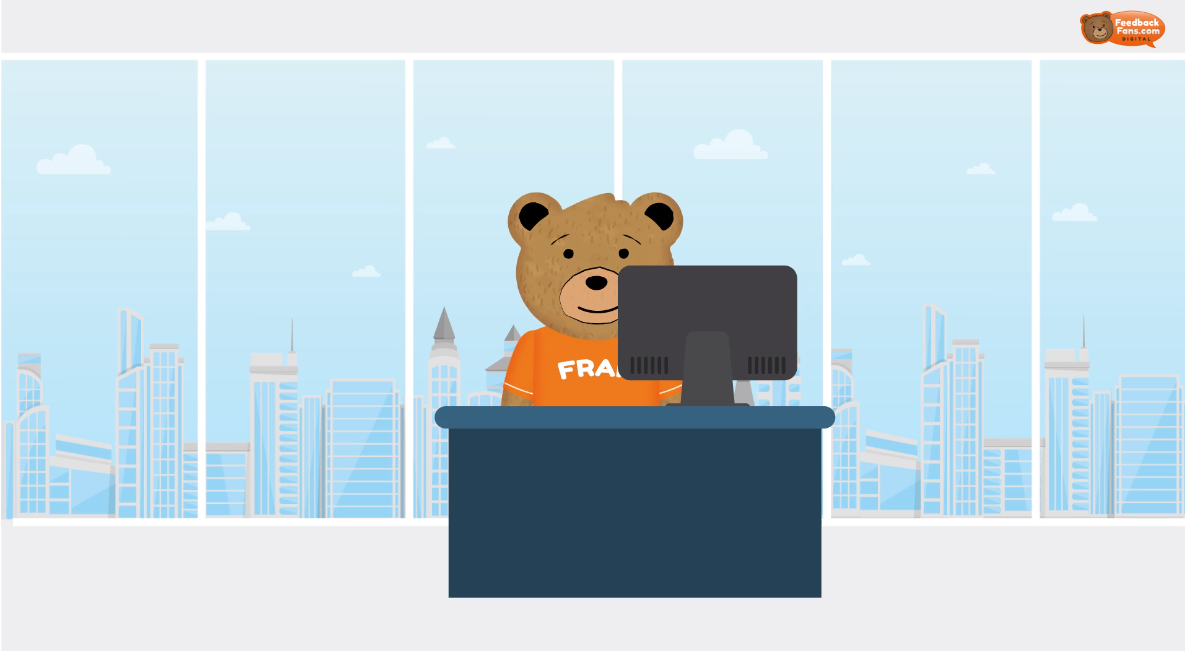Your website isn’t just a digital business card—it’s the cornerstone of your online presence. Whether you’re attracting first-time visitors or turning browsers into buyers, a well-designed website combines stunning visuals with seamless functionality. But let’s be honest: a DIY approach can only take you so far. If you’re ready for a site that wows your audience, works perfectly on every device, and drives real results, you’ve come to the right place. Let’s build a website that doesn’t just exist—it excels.
Make a Strong First Impression

Your website is often the first point of contact potential customers have with your business, making it a vital component of your brand’s image. A well-designed website serves as a powerful representation of your products or services, helping to build credibility and trust from the start. By showcasing your business’s unique value and providing a seamless user experience, your website can leave a lasting, positive impression that sets you apart from competitors.
Drive Lead Generation and Engagement

A website isn’t just a digital storefront; it’s an interactive tool for reaching and engaging potential customers. By offering information about your products or services, displaying customer testimonials, and running special promotions, your website becomes a lead-generating asset. Incorporate contact forms and newsletter sign-ups to capture valuable customer information, enabling you to build relationships and nurture leads toward conversion.
Expand Your Reach to a Broader Audience

One of the greatest advantages of a website is its ability to reach audiences far beyond your local area. With a strong online presence, you can tap into new markets and attract customers who might never have discovered your business otherwise. For small businesses with limited budgets for traditional advertising, a website provides a cost-effective way to reach a global audience and scale growth opportunities.
Build Trust and Authority in Your Industry

A website that’s regularly updated with relevant, valuable content positions your business as a trusted source in your industry. By sharing expert insights, product information, and updates, you demonstrate your knowledge and reliability, which builds customer trust. This is particularly crucial for businesses offering complex or technical products or services, as it helps clearly communicate the benefits and establish your authority.

F.A.Qs about Website Design & Development
In this episode of the Bear Business Vodcast, host Chris Barnard interviews Jenna Farrell, founder of Scopey, a software solution designed to manage and prevent scope creep in professional services. Scope creep, a common issue in creative and tech industries, often leads to revenue loss and project mismanagement. Jenna shares her background as a former digital agency owner and discusses the problems scope creep caused in her business, which led to the creation of Scopey.
The conversation explores the origins and evolution of scope creep, the importance of fluid and live documentation in modern work environments, and how Scopey addresses scope creep by capturing and organizing unapproved changes from client communications. They delve into how Scopey fits into agile project management and offers unique value by helping agencies upsell services and recover lost revenue. Jenna also shares insights into the cultural challenges of upselling and cross-selling, especially in the UK and Ireland, and the importance of educating clients to manage expectations and scope.
The episode ends with a discussion on Scopey’s growth, future plans, and Jenna’s experience securing funding from Enterprise Ireland to scale the business.
Highlights
Introduction to Bear Business and Scopey
Chris introduces the topic of scope creep and the guest, Jenna Farrell, founder of Scopey. Jenna shares her journey from running a digital agency to developing Scopey as a solution to scope creep.
The Problem of Scope Creep
Jenna describes how scope creep affected her business, leading to revenue loss, and explains the static and outdated nature of traditional project scopes, which do not adapt to fluid project requirements.
How Scopey Works
Jenna introduces Scopey and explains how it focuses on tracking client communications to manage scope changes. She uses the analogy of project management as a chaotic kitchen, with Scopey serving as the client-facing menu that helps manage requests.
Modern Approaches to Scope Management
The conversation shifts to agile methodologies and how Scopey fits into modern work practices. Jenna explains how Scopey helps teams adapt to continuous changes without derailing projects.
Upselling Through Scopey
Jenna discusses the importance of upselling and how Scopey makes it easier for agencies to identify out-of-scope work and turn it into additional revenue opportunities.
Cultural Barriers to Upselling in Agencies
Chris and Jenna talk about the cultural challenges of upselling in the UK and Ireland, and the need to shift the mindset from selling to consulting in client relationships.
Scopey’s Early Adopters and Use Cases
Jenna shares how agencies and even industries like law and insurance are using Scopey to manage scope creep and improve their project outcomes.
Scope Creep as an Opportunity
Scope creep is reframed as an opportunity for agencies to better serve their clients and grow their revenue through strategic upselling, made easier by Scopey’s documentation and pricing features.
Future of Scopey and Integration with Other Tools
Jenna discusses the future of Scopey, its recent public beta launch, and upcoming integrations with tools like HubSpot and Salesforce, which will expand its use in larger organizations.
Enterprise Ireland Funding and Growth
Jenna shares her experience working with Enterprise Ireland to secure funding, which will help Scopey create jobs in Ireland and grow into a larger business.
Scopey’s Pricing Model
Jenna explains Scopey’s current freemium pricing model and how they are testing price points as they add new features during their beta phase.
Closing Thoughts and Favourite Game
The conversation wraps up with a light-hearted question about Jenna’s favorite game, Gaelic football, and how she has adapted to the sport since moving to Ireland.
Chris Barnard from FeedbackFans.com welcomes Gemma Johnson from Emotion Brands as his guest on this episode of the Bear Business Podcast to discuss what is takes to be successful with your branding as a Hospitality, Leisure or Hotel business.
If you are in the Branding, Marketing or Hospitality, Leisure or Hotels industries, you won’t want to miss this episode where we dive into the importance of Branding and Brand strategy. We also give practical advise, tips on what ‘great’ looks like in branding and discuss the trends in the industry.
We discuss a wide range of topics:
Introduction and Background
Gemma’s Journey in Design and Branding
The Importance of Brand Strategy
Remote Work and Professional Relationships
Holistic Business Approach
Branding Strategies for Hotels
The Role of Social Media in Branding
Leveraging Technology in Hospitality
Current Trends in Hospitality Branding
Case Study: Hillbrook Hotel
Personal Stories and Favorite Games
Closing Remarks and Outro
Get in contact with Gemma at https://www.emotionbrands.co.uk/hotel-marketing or alternatively, follow her on social media.
Find Gemma on Social Media
LinkedIn – https://www.linkedin.com/in/gemma-johnson-emotion-brands/
LinkedIn (Biz) – https://www.linkedin.com/company/emotion-brands
Find Chris on Social Media
Linkedin – https://www.linkedin.com/in/cjbarnard/
TikTok – https://www.tiktok.com/@feedbackfans
YouTube – https://www.youtube.com/@getfeedbackfans
Articles
Design & Development
Find out about our Design & Development services
Mobile Applications
Find out about our Mobile Applications services



